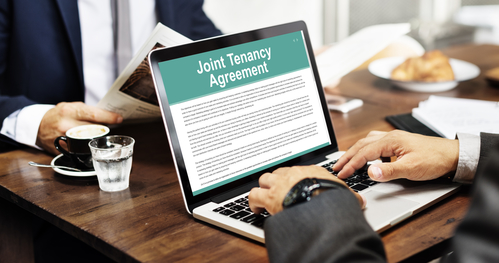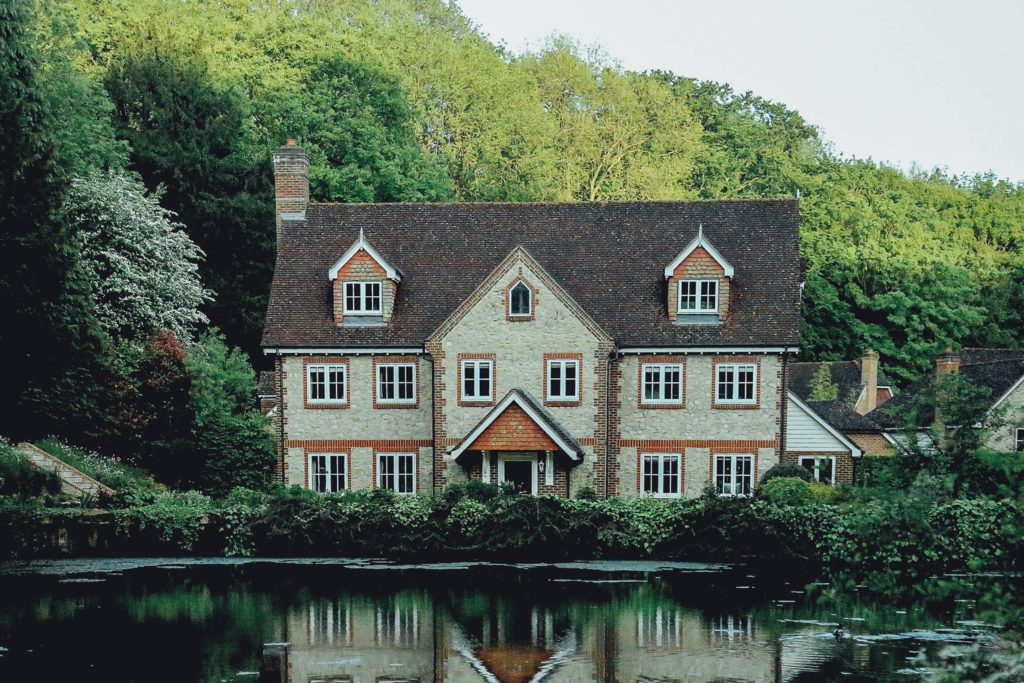 By Alyssa Furtado, RateHub.ca
By Alyssa Furtado, RateHub.ca
Special to the Financial Independence Hub
When you decide to buy a home with another person, there’s a good chance there will be a difference in your incomes. Whether the difference is big or small, it raises questions about how expenses will be split up. Two people with unequal incomes getting a mortgage together is a very common occurrence: couples make up a vast majority of homebuyers. But you can also buy a home with a friend or family member.
If you’re planning on sharing a mortgage with someone else, here’s what you need to know to make it work.
How will the home be owned?
If you’re purchasing a home together, you need to discuss how the ownership will be structured. If you’re a married or common-law couple, you’ll probably opt for what lawyers call joint tenancy. Both parties share a 100% stake in the property and both are fully responsible for everything related to the home, including the mortgage, taxes, and maintenance. If one partner dies, the other becomes the sole owner of the home.
If you’re buying with a friend or family member, you might opt for what lawyers call tenancy in common. With this structure, each person owns a separate share in the property and is responsible for their share. If you’re planning on being tenants in common, and one of you earns a higher income, you’ll need to discuss how that affects each partner’s ownership stake in the home and who will be responsible for what payments.
Who pays for what, and why?
When making decisions about how to share expenses, couples in joint tenancy usually take on equal responsibility. Since both partners are 100% owners of the home, finances are joined and mortgage payments are made using a joint account. Household income is the only thing that matters in this situation. Couples have to work together to make decisions about their budget to ensure the mortgage, property tax, and maintenance costs are all paid.
For tenants in common, you can choose to split up ownership and expenses a few different ways:





